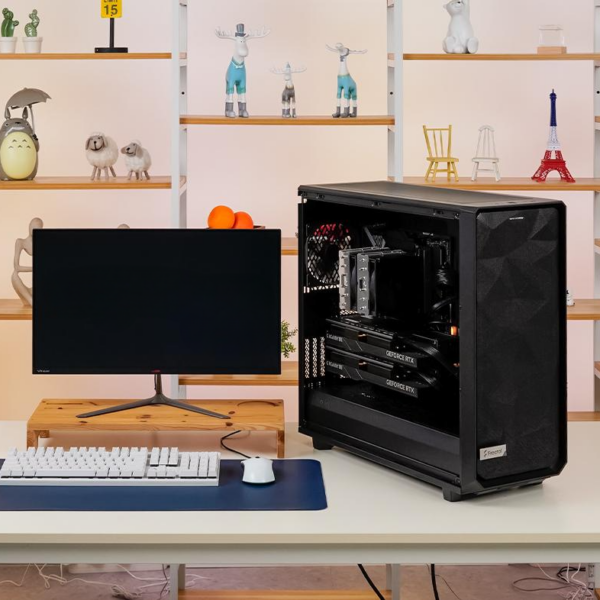
The Intel Core i7-14700K is a high-performance processor from Intel, launched in October 2023 as part of the 14th generation Core i7 series. Designed for enthusiasts and professionals, it fits into the Intel Socket 1700 and is manufactured using the 10nm (Intel 7) process, ensuring efficiency and advanced performance capabilities.
This CPU features a hybrid architecture with P8+E12 cores and 16+12 threads, allowing for exceptional multitasking and processing power. It operates at a base clock speed of 3.4GHz, which can be boosted up to 5.6GHz for demanding tasks. The processor includes 28MB of L2 cache and 33MB of L3 cache, providing swift access to frequently used data and enhancing overall system responsiveness.
For connectivity, the Intel Core i7-14700K supports DMI4.0 with a bus speed of 8 GT/s, and it accommodates PCIe versions 5.0 and 4.0, with a maximum of 16+4 PCIe lanes. The power consumption ranges from 125W to 253W (PBP-MTP), indicating its robust performance potential.
In terms of memory, this processor supports both DDR5 and DDR4 standards, with memory speeds of 5600MHz and 3200MHz respectively, across two memory channels. It can handle a maximum memory size of 192GB, catering to intensive computational requirements.
The integrated graphics feature the Intel UHD 770, operating at a core speed of 1600MHz. This GPU supports basic graphical tasks and can be particularly useful for users who do not require a dedicated graphics card.
Additionally, the Intel Core i7-14700K includes several advanced technologies such as Hyper-Threading/SMT, Intel XTU, Intel Quick Sync, and Intel Deep Learning Boost, which enhance performance and usability in various applications.
This processor does not come with an included cooler, allowing users the flexibility to choose their preferred cooling solution. In benchmark tests, the Intel Core i7-14700K scores 2069 in Cinebench R23 (single-core) and 34818 in Cinebench R23 (multi-core), demonstrating its strong performance capabilities in both single and multi-threaded tasks.

 Video Editing
Video Editing CAD 2D/3D
CAD 2D/3D








